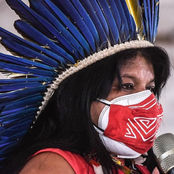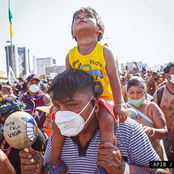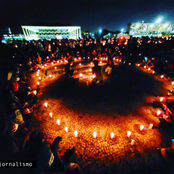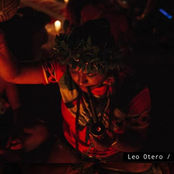top of page
Learn about
Amazonian Resilience
in times of Climate Crisis
through Indigenous
Leadership and Artivism


- Protection of the standing Amazon Rainforest a core stabilizer of the earth climate
- Defending the most vulnerable humans on earth communities living in voluntary isolation
-Protagonism: Indigenous women are stepping
boldly into the political spotlight

FIGHT
FOR
AMAZONIA
bottom of page

































